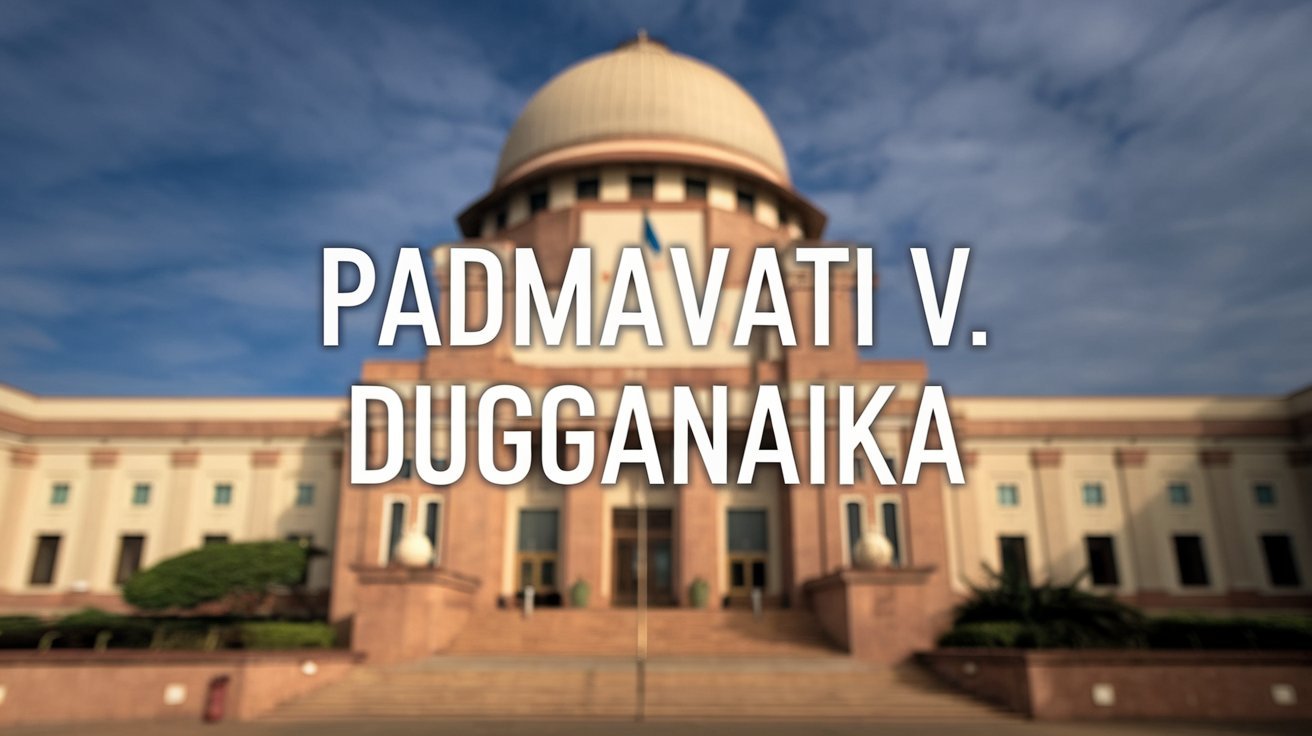Padmavati v. Dugganaika 1975 (Case Summary)

In this notable case, the Karnataka High Court addressed the principles of liability in motor accidents, ruling that gratuitous passengers in a private vehicle could not claim damages under tort law.
Table of Contents
ToggleFacts of Padmavati v Dugganaika
- A jeep owned by the defendants met with an accident due to mechanical failure, resulting in the deaths of two passengers.
- The deceased were traveling as gratuitous (non-paying) passengers.
- The plaintiffs, representing the deceased, filed a claim for damages against the defendants, alleging negligence.
Issues framed
- Whether the defendants were liable for the accident and subsequent deaths of the passengers?
- Whether the doctrine of negligence applied to gratuitous passengers in this case?
Judgment of Padmavati v Dugganaika
The court considered the doctrine of volenti non fit injuria, which means a person who willingly places themselves in a situation of risk cannot claim damages.
The court held that the passengers were gratuitous and were traveling in the vehicle with knowledge of its mechanical condition. No negligence could be attributed to the defendants, as there was no evidence of intentional wrongdoing or breach of duty.
The Karnataka High Court ruled that the defendants were not liable for the deaths of the passengers.





